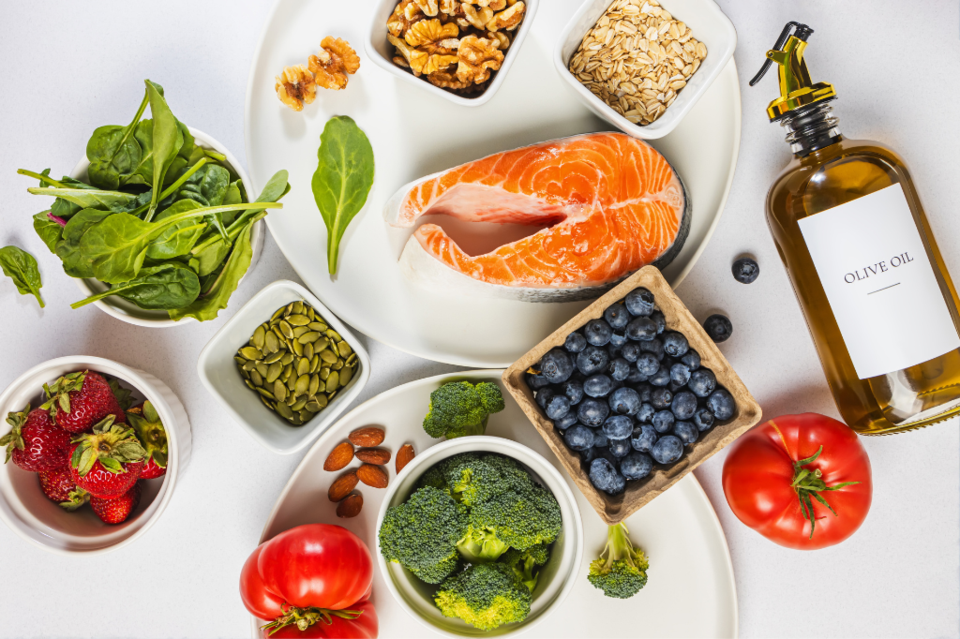Inflammation can be managed, in part, by a well-rounded diet filled with nutrient-rich foods known for their anti-inflammatory properties.
The Arthritis Society of Canada recommends certain foods that can help ease inflammation while avoiding others that may exacerbate symptoms. Here’s a look at the best foods to support joint and bone health, plus those that can hinder your progress.
Anti-Inflammatory Foods: What to Include
Eating foods high in vitamins A, C, D, and E, as well as omega-3 fats, can help reduce inflammation and support joint health. Here are some great options to incorporate regularly:
1. Omega-3 Fatty Acids
Oily fish like salmon, sardines, and mackerel contain omega-3s, which are known to help combat inflammation. Aim to include two servings of fatty fish per week. Plant-based sources like flaxseed, chia seeds, and walnuts are also beneficial. If fish isn’t for you, consider an omega-3 supplement after consulting with a healthcare professional.
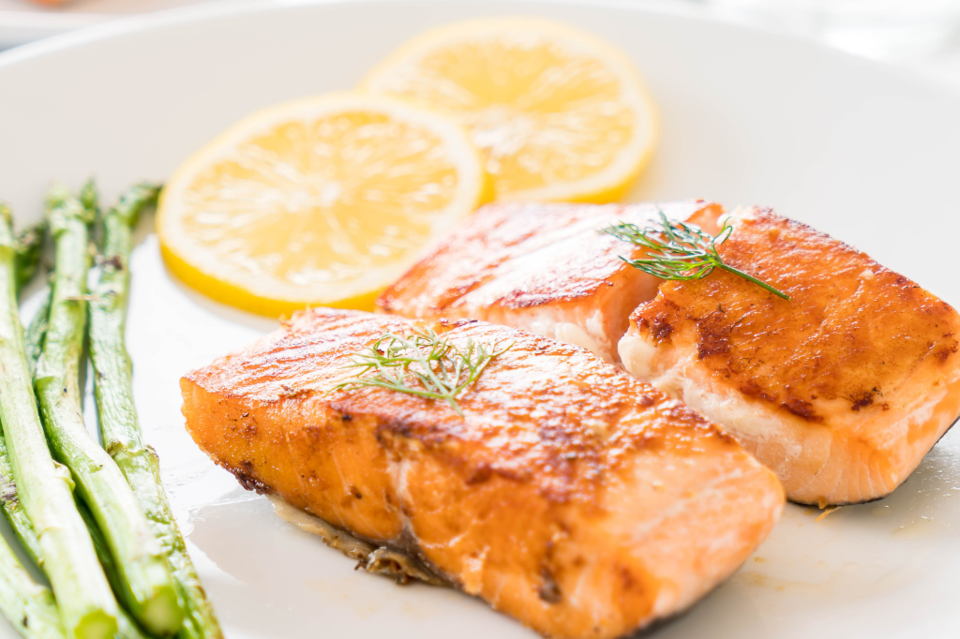
2. Extra Virgin Olive Oil
Extra virgin olive oil contains a compound called oleocanthal, which may have effects similar to anti-inflammatory drugs (NSAIDs) when combined with a Mediterranean-style diet. This oil can be a great addition to meals, contributing to overall inflammation reduction.
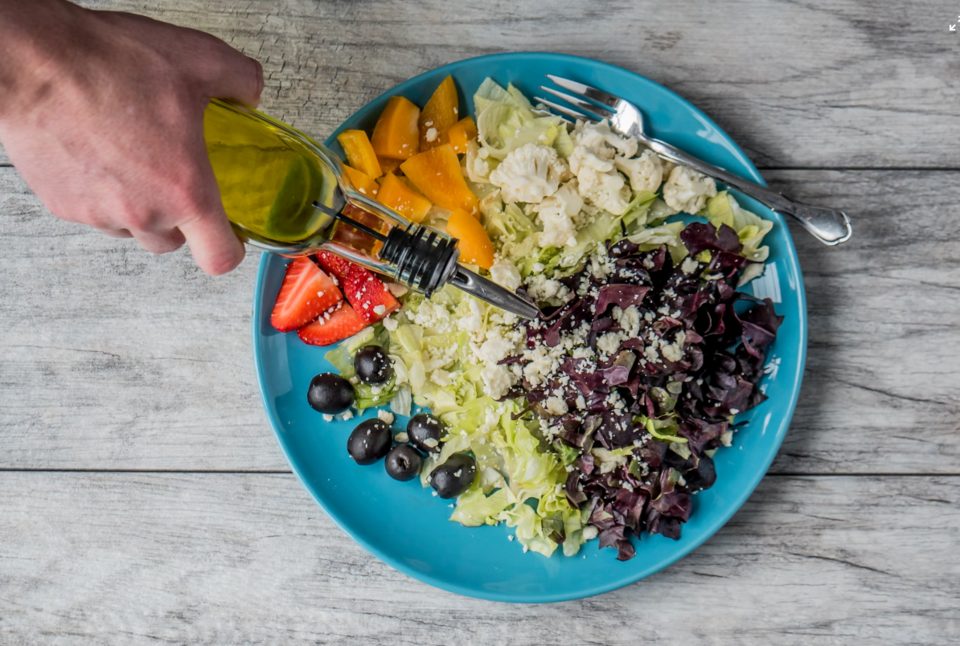
3. Dairy and Dairy Alternatives
Dairy products, rich in calcium and vitamin D, are essential for bone strength and muscle health. These nutrients work together to improve posture and reduce joint stress. Opt for low-fat dairy options and fermented products like yogurt or kefir, which also support a healthy gut. For non-dairy options, fortified plant-based beverages such as almond or hemp milk can provide similar benefits.
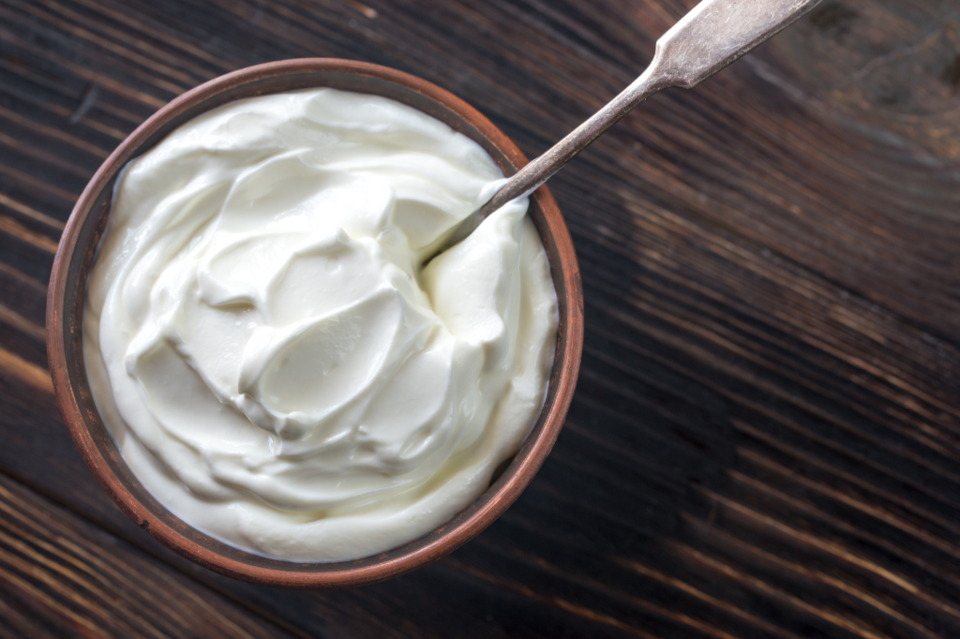
4. Other Beneficial Foods
• Broccoli is rich in vitamins K and C, and contains sulforaphane, believed to slow arthritis progression.
• Green Tea offers polyphenols, which are antioxidants that may help reduce inflammation.
• Garlic has a compound called diallyl disulfide, which could help protect against cartilage damage.
• Nuts provide essential vitamins and healthy fats that support both heart health and anti-inflammatory goals.
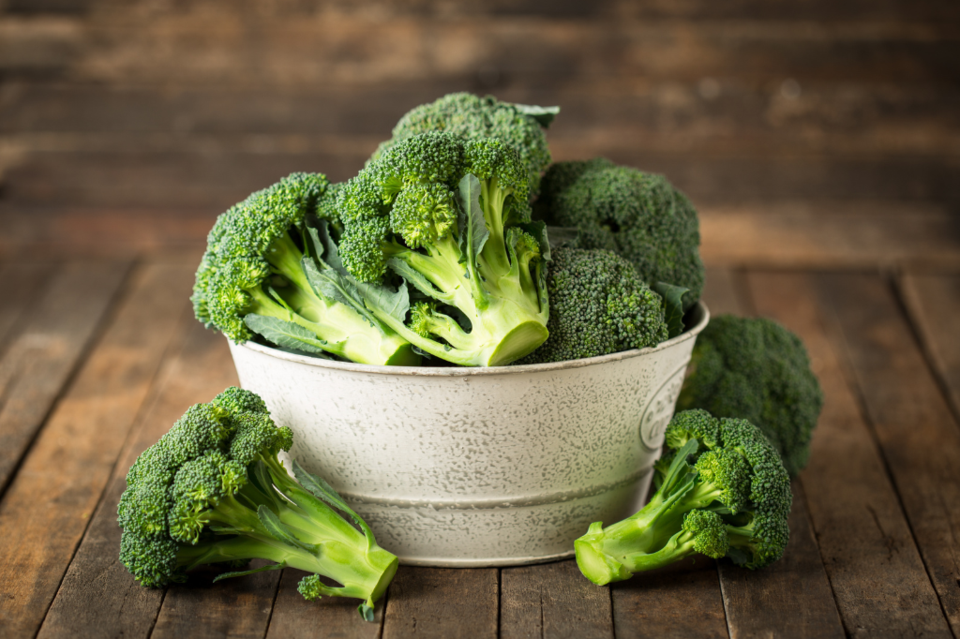
Foods to Avoid
Avoiding certain foods can be equally important in managing inflammation. Here’s a list of items the Arthritis Society of Canada suggests steering clear of:
1. Added Sugars and Processed Sweeteners
Excess sugars can increase inflammation and contribute to weight gain, which adds strain to joints. High-fructose corn syrup is especially inflammatory, with studies showing it can increase markers of inflammation in the body.
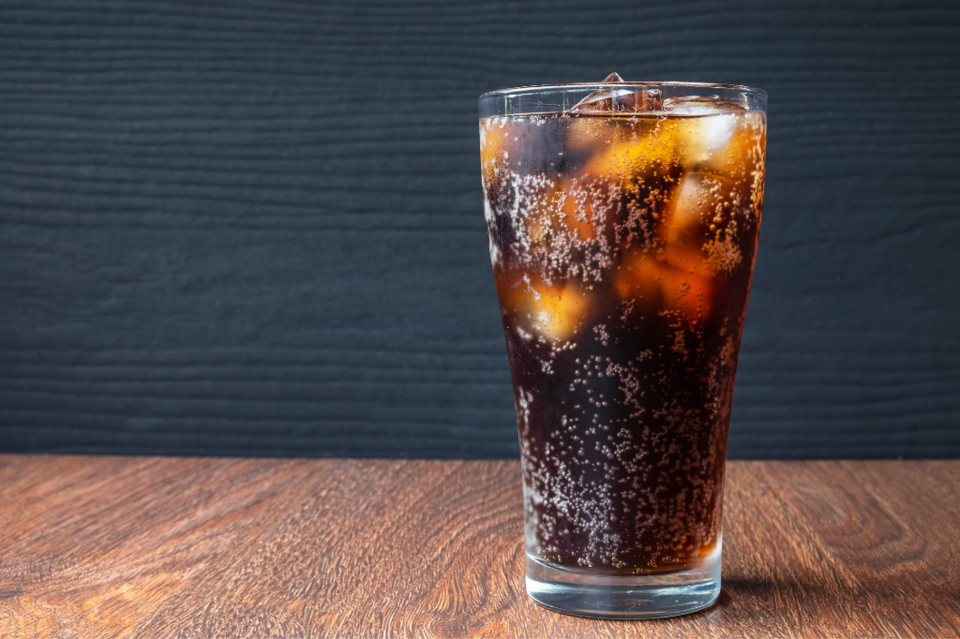
2. Saturated Fats
Found in red meats and processed foods, saturated fats are known to increase inflammation and raise the risk for heart disease and other health conditions.
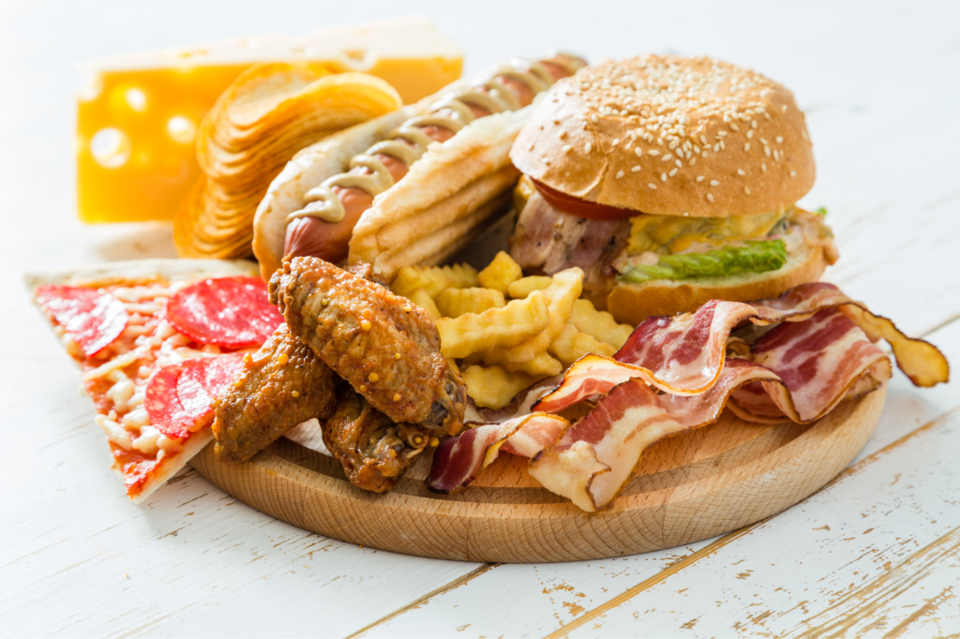
3. Trans Fats
Often found in packaged baked goods and fried fast foods, artificial trans fats increase inflammation and pose risks for heart disease by raising “bad” cholesterol levels. Their consumption is also associated with higher inflammatory markers.
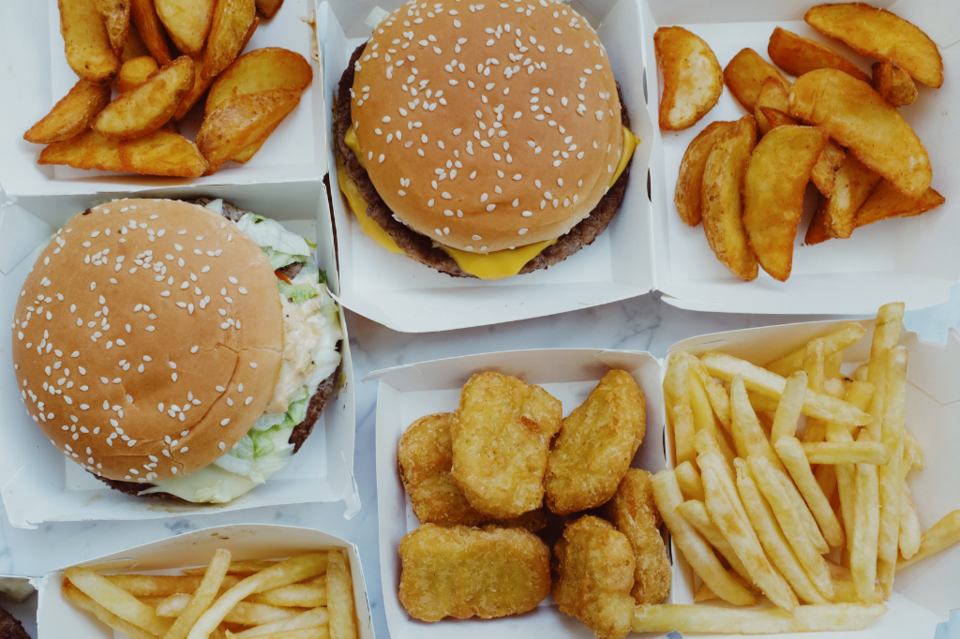
4. Refined Carbohydrates
Foods like white bread and pastries have been stripped of fibre, which is necessary for gut health. These refined carbs feed inflammatory bacteria in the gut, which can increase overall inflammation.
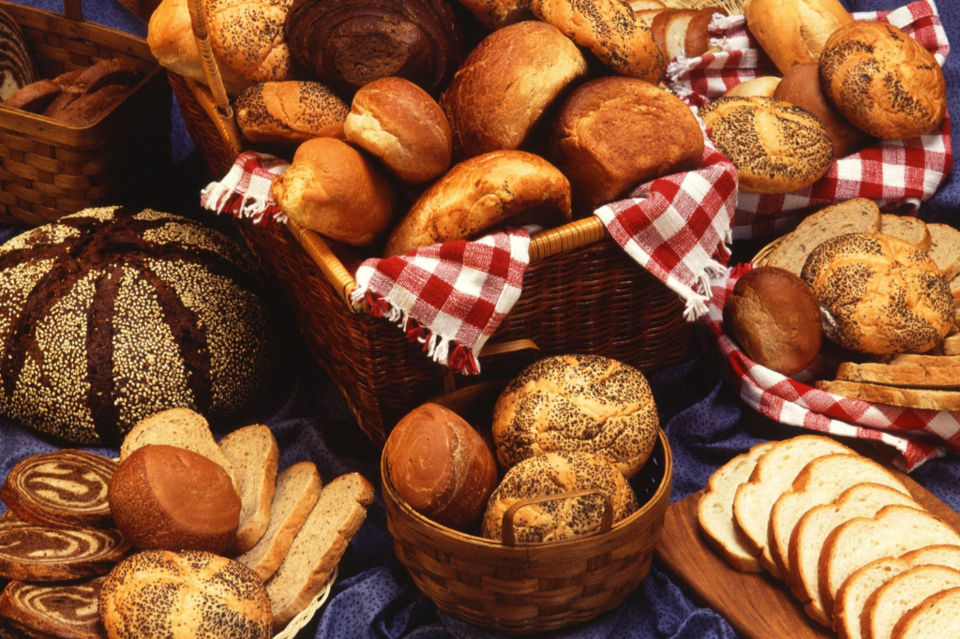
5. Excessive Alcohol
Heavy alcohol consumption is linked to elevated inflammatory markers, and it can also disrupt gut health, worsening inflammation.

Embracing an Anti-Inflammatory Lifestyle
Incorporating these nutrient-dense, anti-inflammatory foods and avoiding triggers can help you stay on track with managing inflammation. Consult with your healthcare provider or nutritionist for personalized recommendations, and for more tips and information, visit the Arthritis Society of Canada.

